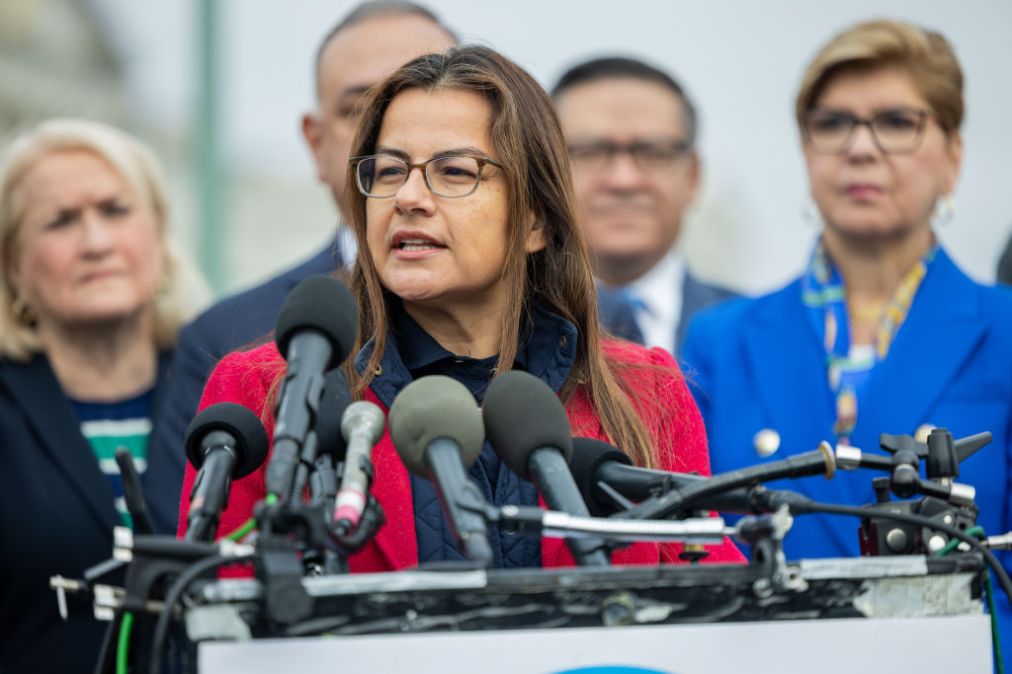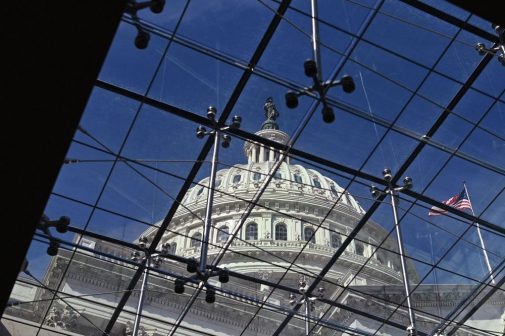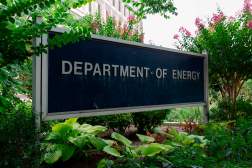House Democrats eye DOE-led push on marine energy technologies

As the Trump administration systematically slashes clean energy projects across the country in favor of oil, natural gas and coal, a trio of House Democrats are trying to reverse course by laying the groundwork for marine-focused technological solutions.
The Marine Energy Technologies Acceleration Act from Democratic Reps. Nanette Barragán of California, Suzanne Bonamici of Oregon and Chellie Pingree of Maine calls for $1 billion in investments in ocean-powered energy technologies, doled out by the Department of Energy.
Under the legislation, the DOE secretary would establish a Marine Energy Acceleration Fund to pay for new projects, research and workforce development. The fund would also seek to accelerate wave and tidal energy technologies aimed at creating clean energy and strengthening the economies of coastal areas.
“Marine energy is an essential part of America’s clean energy future,” Barragán said in a statement. “With its potential to generate reliable, zero-emission power, it can help us transition from fossil fuels and deliver clean energy directly to our communities. By investing in marine energy technologies today, we can bring wave-powered electricity onto our grid, create good jobs, and strengthen our energy independence. Now more than ever, we must accelerate clean energy innovation to cut emissions and lower costs for American families.”
The $1 billion in funding would be spread across at least 20 marine energy demonstration projects, per the bill text. Those projects would export power to microgrids, community grids or utility-scale grids.
The National Marine Energy Centers would likely be looped into the funding push, serving as consultants to the DOE secretary and providing education and training for jobs in the field. The Energy Department, meanwhile, would be charged with mapping areas that have the best potential to tap marine energy.
National laboratories and other federal agencies could also play a role in these elements of the legislation. The bill specifically calls out the National Oceanic and Atmospheric Administration and the Bureau of Ocean Energy Management to help DOE in assessing the economic potential of at least 50 sites identified by modeling to “have significant marine energy potential.”
The DOE secretary should prioritize R&D projects that lower costs and increase efficiency through the rapid design and testing of new marine energy systems, components and controls. Preference should also be given to technologies that monitor and lessen climate-related impacts to coastal communities.
One element of the bill that appears to have common ground with the Trump administration’s energy policy is on permitting: The bill calls for an elimination of “red tape” and a more streamlined approval process for projects.
A press release announcing the bill pointed to “momentum” on marine energy technologies occurring in Barragán’s district, including a pilot wave energy project at the Port of Los Angeles.
“This project shows how investments in marine energy can turn innovative technology into real clean power solutions that create jobs and strengthen local communities,” the release noted.






